Welcome to another enthralling episode of "Photo Country," where we delve into the lives, passions, and creative journeys of photographers from around the world. In this post, I encapsulate a conversation with Ravishankar, an experienced photographer based in Singapore, also known as "the rong side Rascal" on social media. This discussion gives us an insight into the world of photography, the art of composition, and the serendipitous nature of capturing the perfect frame.
Sometimes the kind of visuals that stop you and sort of, it's, it's like staring at the at the sky in the night. Nothing's happening. It's just star twinkling. But there is a certain, uh, beauty to that.
So, I'm more of a seeker of those kind of frames rather than the technical, you know, expertise or the greatness from a standpoint of how many things are moving in that frame and whether the lighting came from this angle or that angle, or how the face was lit. Yeah, all of that is obviously fine and great, but to me, the composition is the one that I pay the most attention to. For me, composition first and everything else later.
The Art of Photography
Ravishankar introduces us to his philosophy of photography, emphasizing the beauty of simple, serene frames akin to the twinkling stars in the night sky. His approach prioritizes composition over technical perfection, drawing our attention to the soothing power of well-composed images. Ravi's journey began back in 2004, attending foundational photography workshops in Bangalore. Despite pursuing photography as a hobby, he boasts over 21 years of experience, during which he has formed an unyielding affection for visual arts.
Discovering Photography: A Unexpected Journey
Our shared passion for photography unfolds through stories of unexpected beginnings. Ravi speaks fondly about the serendipitous moments that influenced his journey, contrasting these with my story of how an accidental encounter with a camera at a party sparked his photographic interests. I think both of us emphasize the importance of openness to serendipitous moments, which often lead to surprising and memorable compositions.
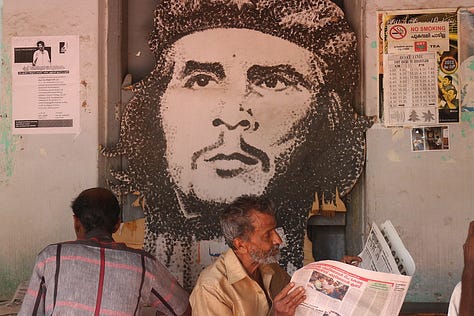
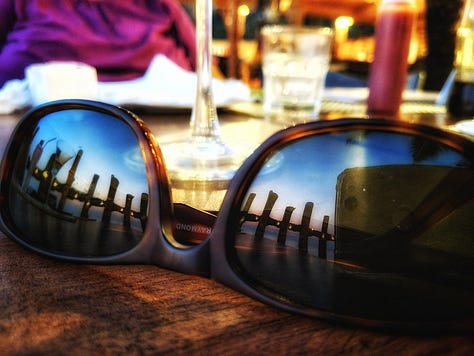
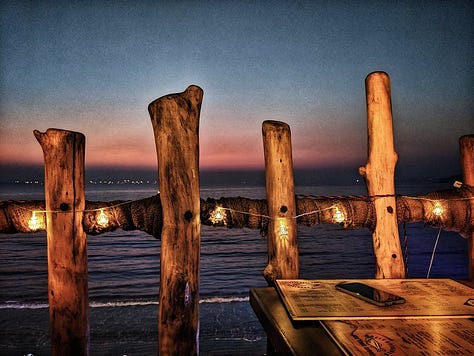
The Composition First Approach
At the heart of the discussion is the theme of composition. Ravi notes, "Composition first and everything else later," underscoring its paramount importance in photography. He shares experiences from revisiting films like "Ship of Theseus," whose cinematography deeply influenced his approach to framing in photography. Ravi believes every good film is a master class in cinematography, a sentiment echoed in the structured beauty of Singapore, where he currently resides.
Exploring Singapore’s Photography Landscape
It's a great place to street. My sense is that in a place like Singapore, there is going to be a natural boundary or a constraint for how much of street will happen yet again, because, you know, it's a very structured, very ordered society, right? So, it is difficult to see unexpected stuff beyond a certain range or a boundary of unexpectedness.
Although Singapore's manicured landscapes and ordered streets differ from the more chaotic environments of other countries, Ravi shares that the structured aesthetic also offers unique photographic opportunities. Singapore provides a vibrant canvas for street photography, albeit with geographical and cultural constraints that sometimes limit the unexpected moments sought by photographers.
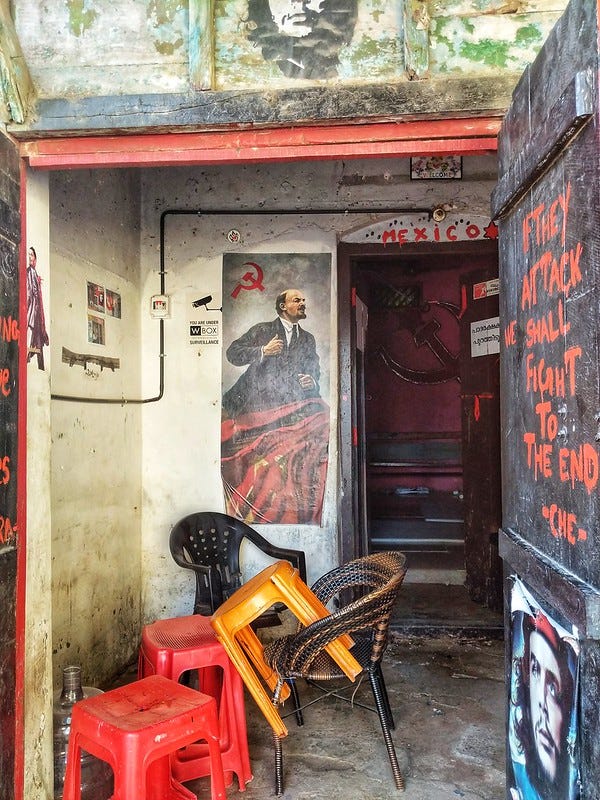
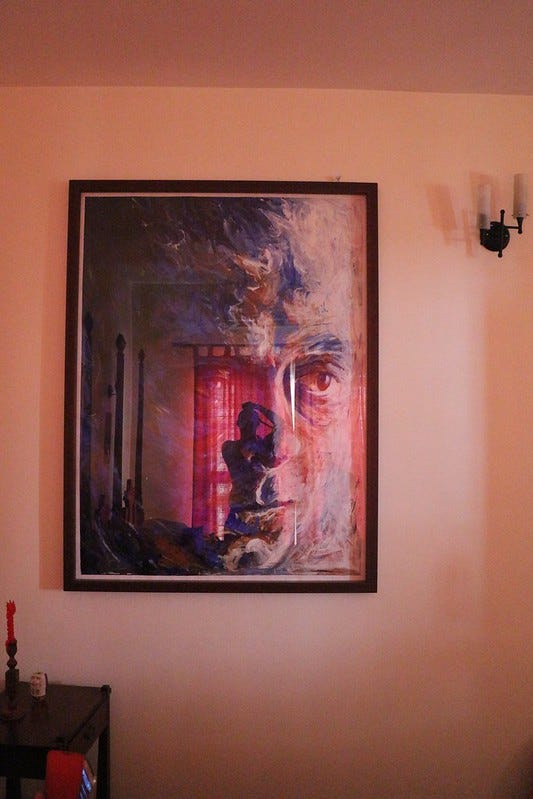
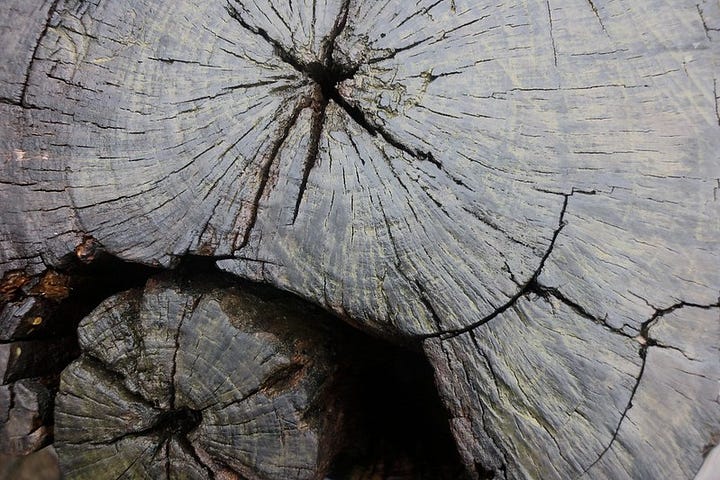
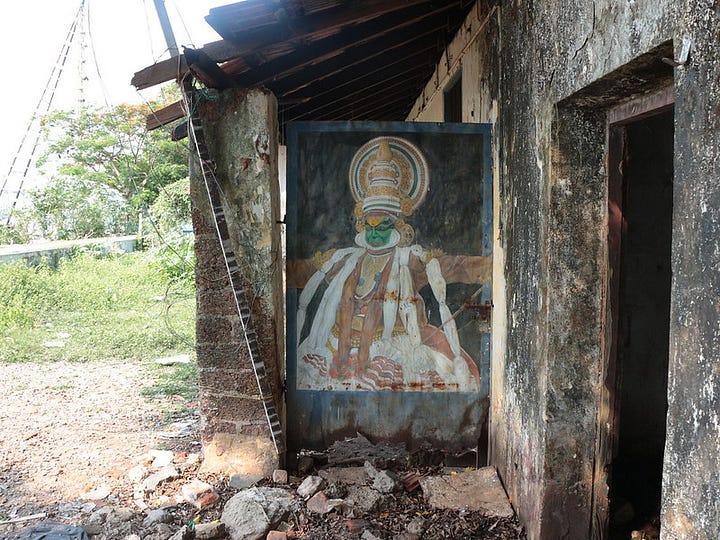
A Personal Evolution in Artistry
The conversation transitions into Ravi's personal evolution and exploration of portrait photography. Inspired by friends and local photographers, he highlights his interest in intimate photography—capturing people in authentic, unposed moments that reveal deeper layers of their personalities. Ravi seeks to showcase human vulnerability and genuine emotion, using his home studio to practice and perfect this craft.
The Impact of Equipment on Creativity
Ravi touches on the technical aspects of photography, discussing the limitations and inspirations of using a fixed-lens camera. While he acknowledges the constraints it imposes, he also hints at a broader lesson: that sometimes limitations can focus and refine one’s creative vision, even as he aspires for more versatile equipment in the future.
A Reflection on Creative Process
The discussion closes as both photographers reflect on the transformative process of photography. Whether capturing landscapes, organizing series, or responding to serendipity, Ravi and Rajeev convey that true artistic satisfaction comes from the journey itself. Photography is portrayed not just as a means to create aesthetically pleasing images, but as therapeutic and enriching experiences that uplift the soul.
It really boils down to, looking at photography as a transformative process. I like to cook a lot and, and I don't cook only because I like to eat. Also because in that active cooking I find myself often all my stresses, concerns, self doubts and, all my miseries just wash away.
I think, photography is also in that sense, like that, it is a process of creating where the creation also gives you joy, but more importantly, the process of creation brings you so much more of, joy and peace and, happiness.
Conclusion
In closing, I invite you to explore Ravishankar's compelling photographs displayed on his Instagram and Flickr channels. As ever, this episode of "Photo Country" invites you, the listener, to appreciate photography not only for its end results but also for the peace and joy it fosters within those who practice it.
Thank you for supporting "Photo Country." Join us next week as we continue to dive into the alluring world of photography with passionate artists. Until then, stay safe, keep exploring, and as always, keep clicking.
Check out Ravi’s work here:


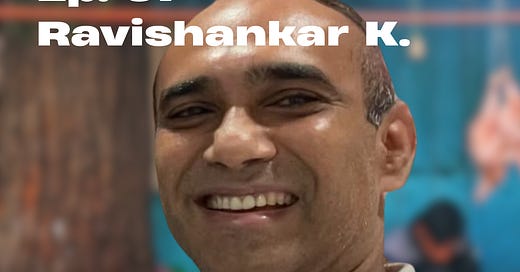
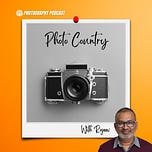

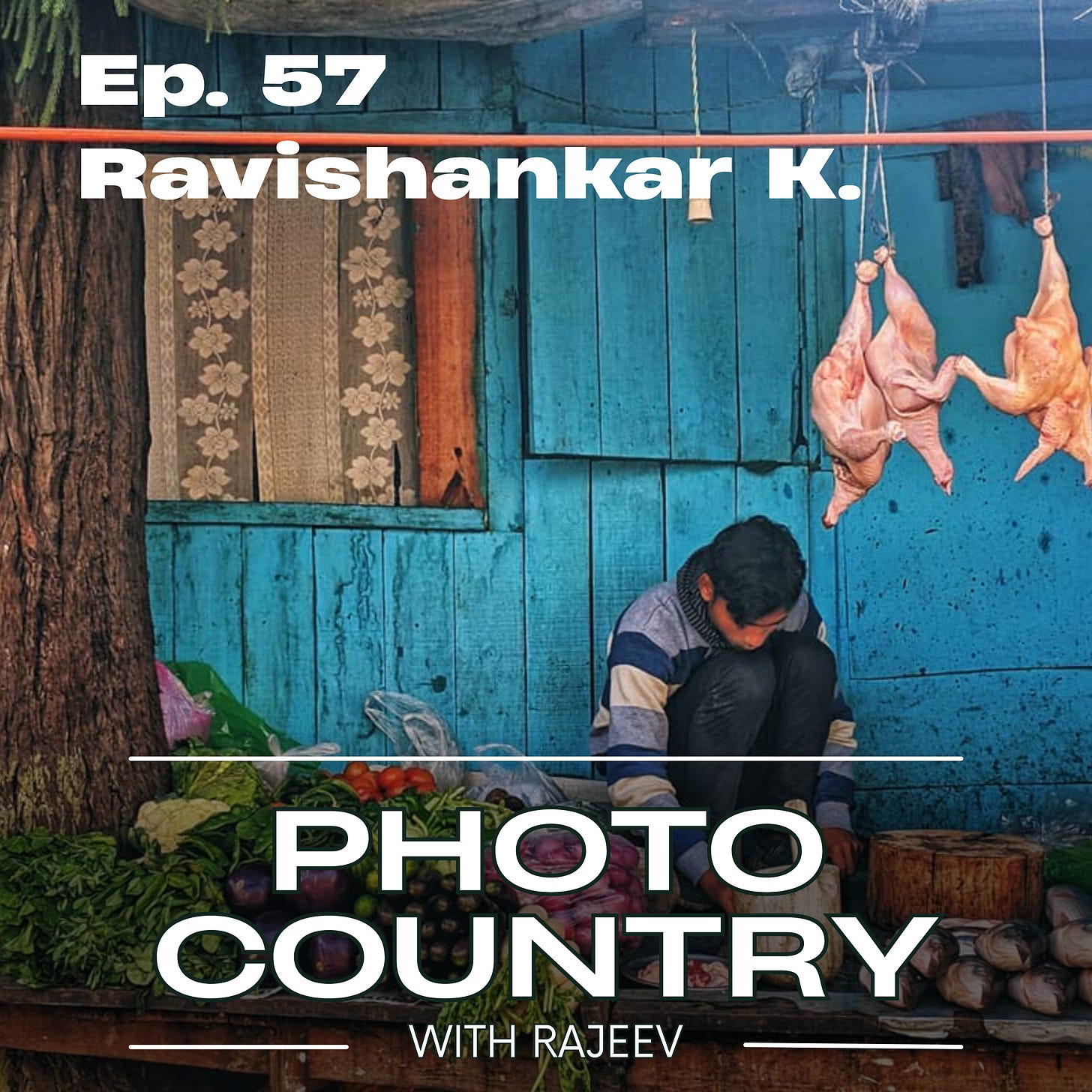
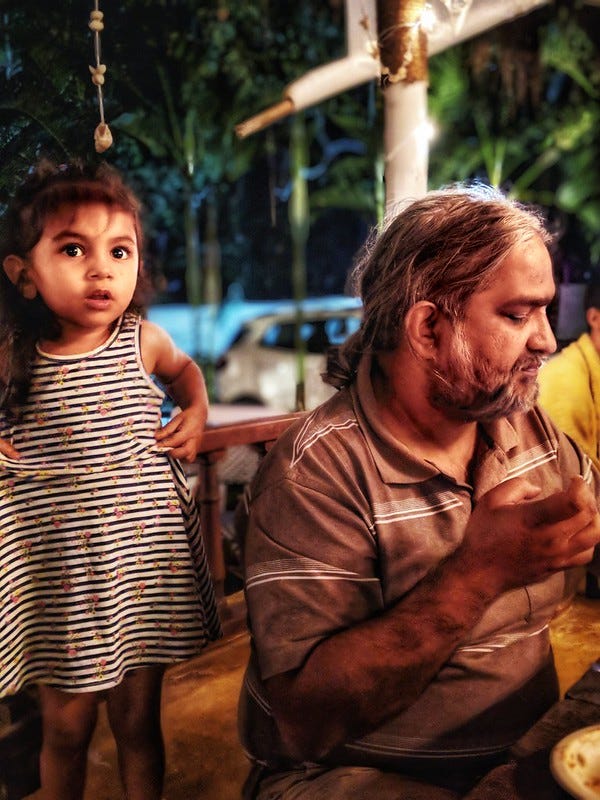
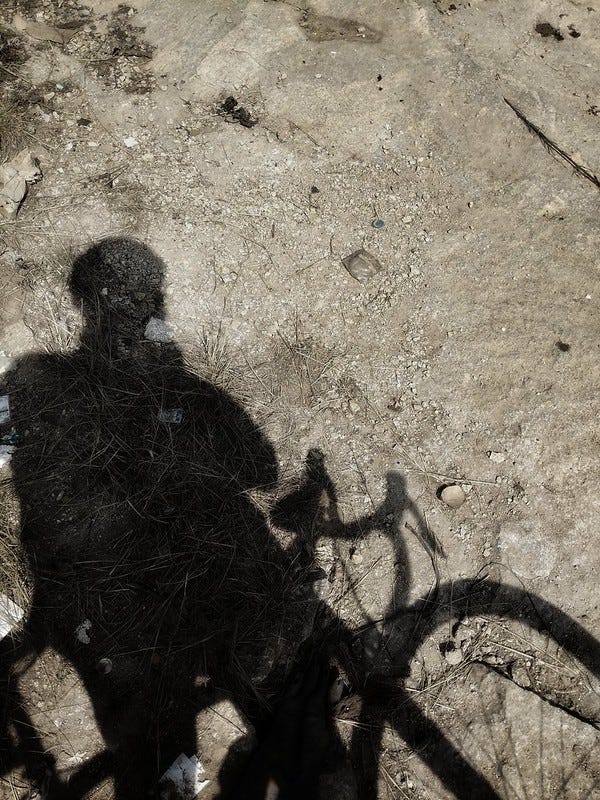
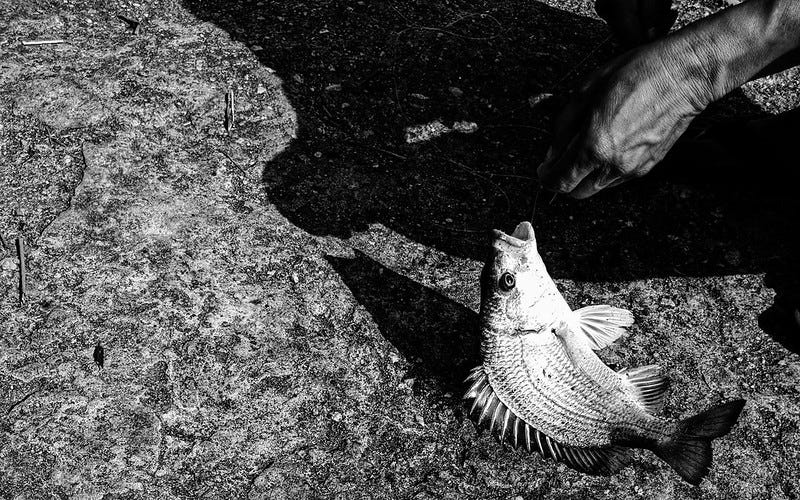


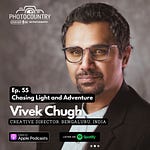
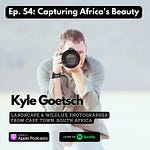

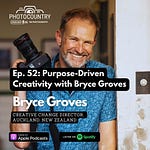
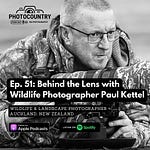
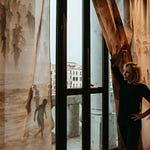
Share this post